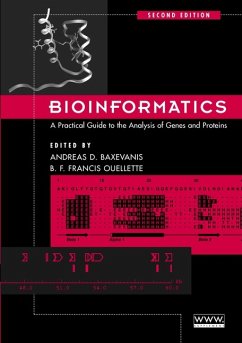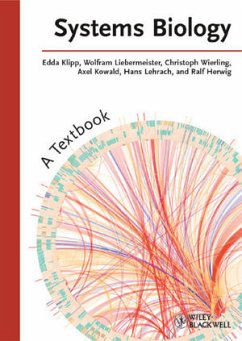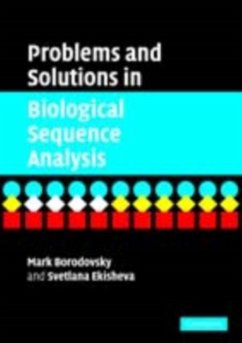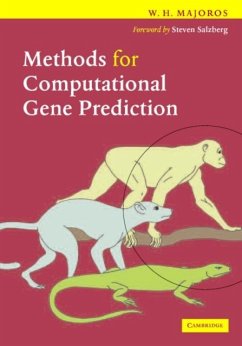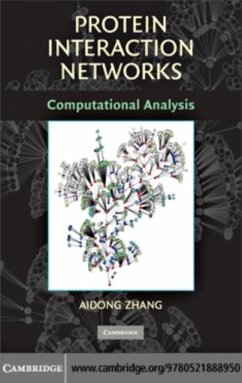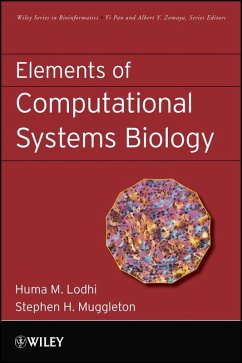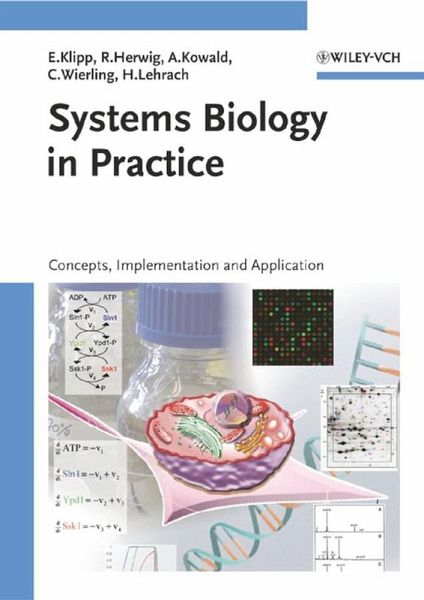
Systems Biology in Practice (eBook, PDF)
Concepts, Implementation and Application
Versandkostenfrei!
Sofort per Download lieferbar
Statt: 132,00 €**
117,99 €
inkl. MwSt. und vom Verlag festgesetzt.
**Preis der gedruckten Ausgabe (Gebundenes Buch)
Alle Infos zum eBook verschenken

PAYBACK Punkte
0 °P sammeln!
Presenting the main concepts, this book leads students as well as advanced researchers from different disciplines to an understanding of current ideas in the complex field of comprehensive experimental investigation of biological objects, analysis of data, development of models, simulation, and hypothesis generation. It provides readers with guidance on how a specific complex biological question may be tackled: - How to formulate questions that can be answered - Which experiments to perform - Where to find information in databases and on the Internet - What kinds of models are appropriate - Ho...
Presenting the main concepts, this book leads students as well as advanced researchers from different disciplines to an understanding of current ideas in the complex field of comprehensive experimental investigation of biological objects, analysis of data, development of models, simulation, and hypothesis generation. It provides readers with guidance on how a specific complex biological question may be tackled: - How to formulate questions that can be answered - Which experiments to perform - Where to find information in databases and on the Internet - What kinds of models are appropriate - How to use simulation tools - What can be learned from the comparison of experimental data and modeling results - How to make testable predictions. The authors demonstrate how mathematical concepts can illuminate the principles underlying biology at a genetic, molecular, cellular and even organism level, and how to use mathematical tools for analysis and prediction.
Dieser Download kann aus rechtlichen Gründen nur mit Rechnungsadresse in A, B, BG, CY, CZ, D, DK, EW, E, FIN, F, GR, HR, H, IRL, I, LT, L, LR, M, NL, PL, P, R, S, SLO, SK ausgeliefert werden.




